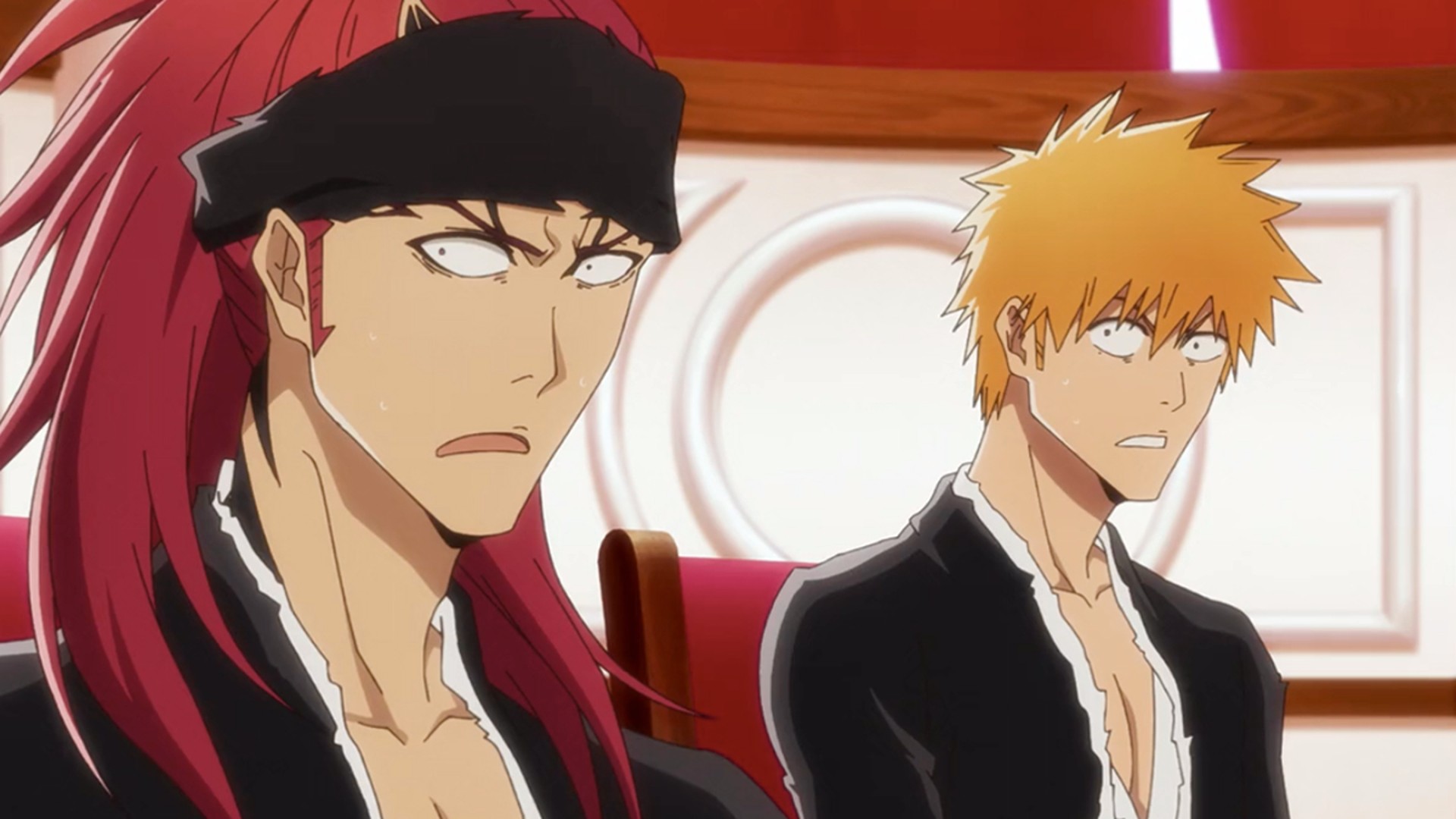When subtitles are not enough.
Japanese language is known for its honorifics i.e. words that show politeness. We're sure you've heard such things as -san, -chan or Kun if you tend to watch anime in the original language.
The translation of honorifics into English and other languages depend on the approach taken by the translators of a particular anime. They are often omitted or changed as they are sometimes difficult to convey or unnecessary for western audiences. Most fans are not really bothered by that since their native languages don't have this feature, but there are still some who find it deeply annoying.
Fans mention the omission of honorifics in various series. Even the titles are often translated without them.
For example, "Sakurako-san no Ashimoto ni wa Shitai ga Umatteiru" turned into "Beautiful Bones: Sakurako's Investigation"; "Kubo-san wa Mob wo Yurusanai" became "Kubo Won't Let Me Be Invisible".
In the anime "Am I Actually The Strongest" the main protagonist has got a sister who calls him onii-chan, but the subtitles have only his name, Haruto. Or let's remember Dororo, where Dororo calls Hyakkimaru "aniki", which can be translated as "older brother" while subtitles usually omit her addressing the boy at all.
Another issue is Japanese pronouns. Fans give an example from Bleach, where Byakuya refers to Ichigo as "kisama" before the fight. Even though it's usually translated as "bastard", in that case it was a disrespectful way of saying "you". Due to the loss of this detail in the translation the impact of the events changes: after the battle Byakuya changes his way of addressing to a more respectful pronoun.
Even such a seemingly easy thing to say as "I" can also cause some problems.
There are various ways of talking about yourself in Japanese language, the choice of the word depends on your gender identity and the person you're talking to.
For example, "watashi" is a general form of saying "I" for both genders, while "boku" is used only for males. In Kino no Tabi Kino presents as a male but was later revealed to be a biological female, so translating the pronouns was a challenging thing to do.
Of course, these issues don't really have any negative impact on most of the series because the examples that have been mentioned above are quite specific, but they can puzzle or annoy you if you're watching an anime in Japanese with subtitles in another language. We just have to understand that languages differ immensely sometimes, and there's often a reason for the translation alterations.

